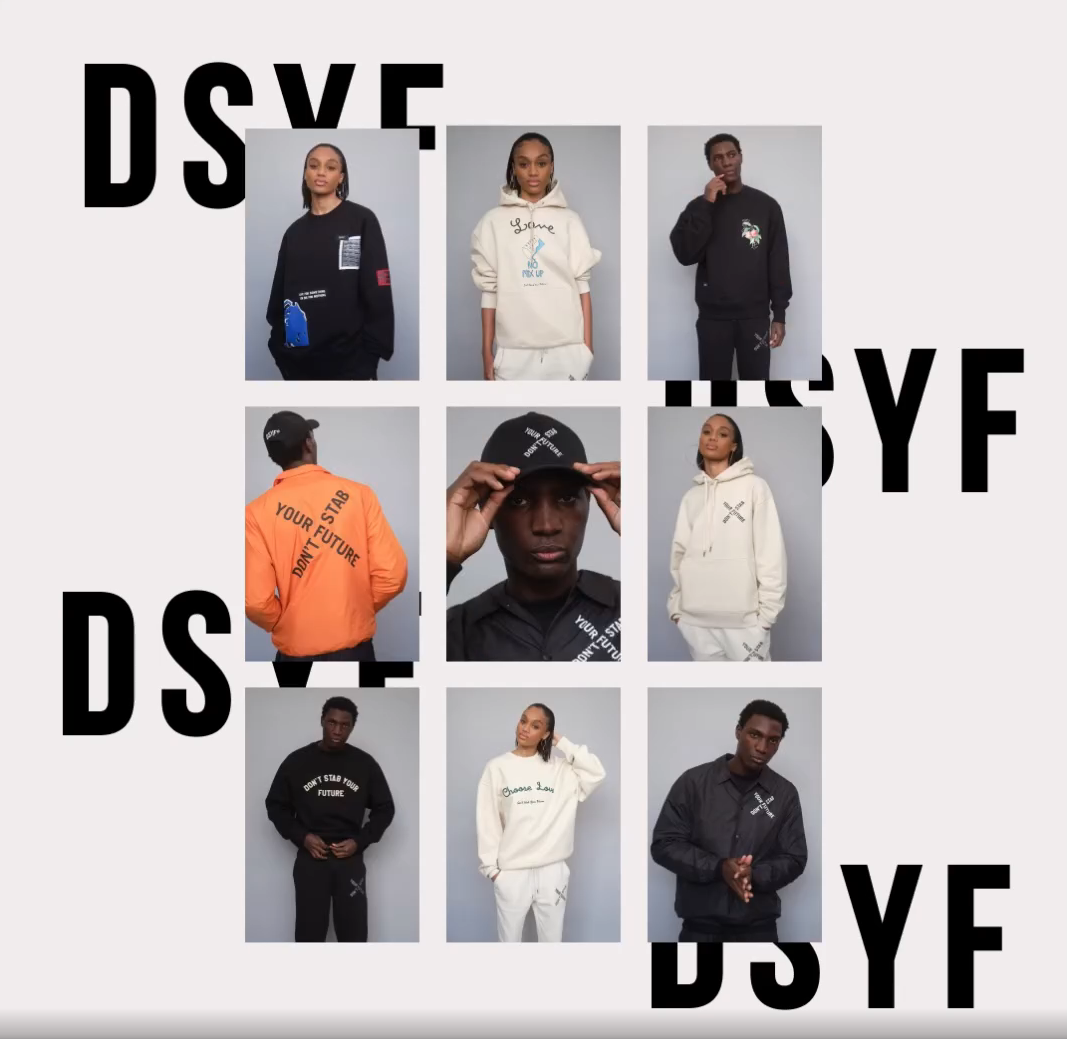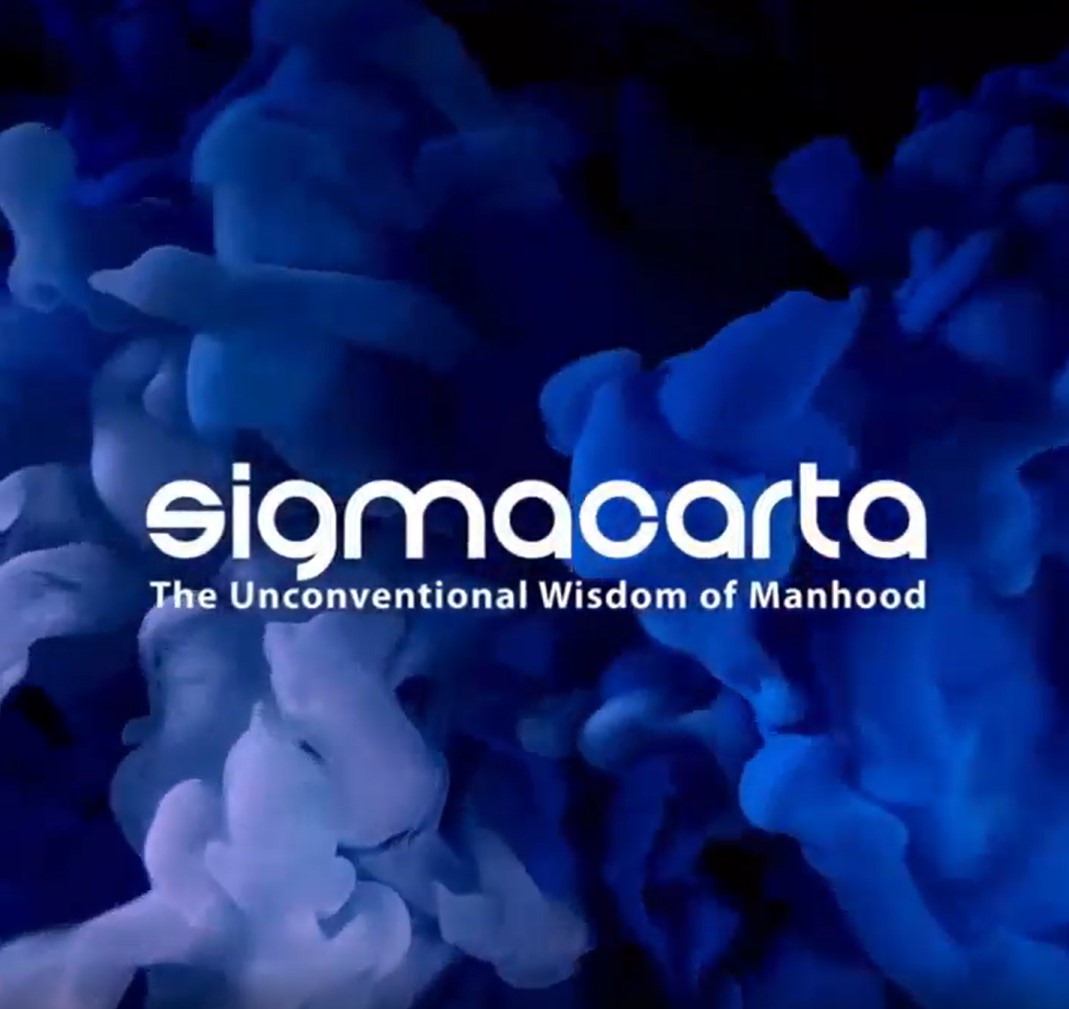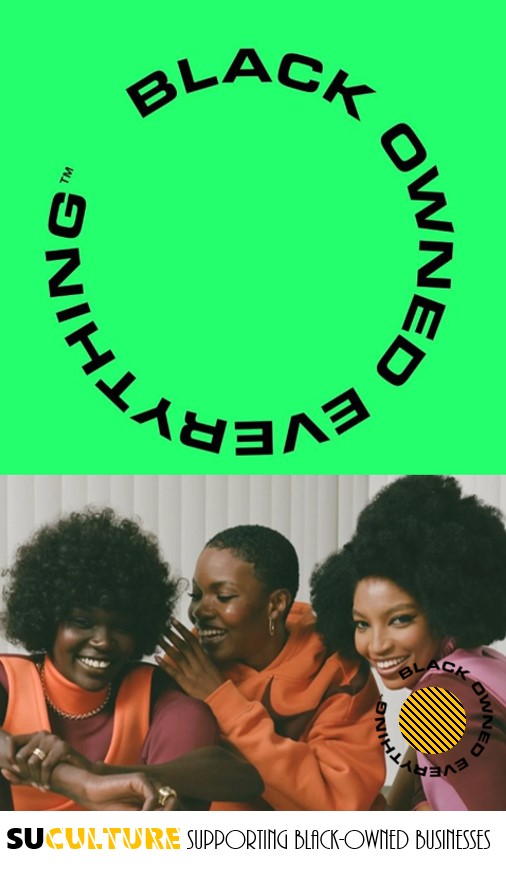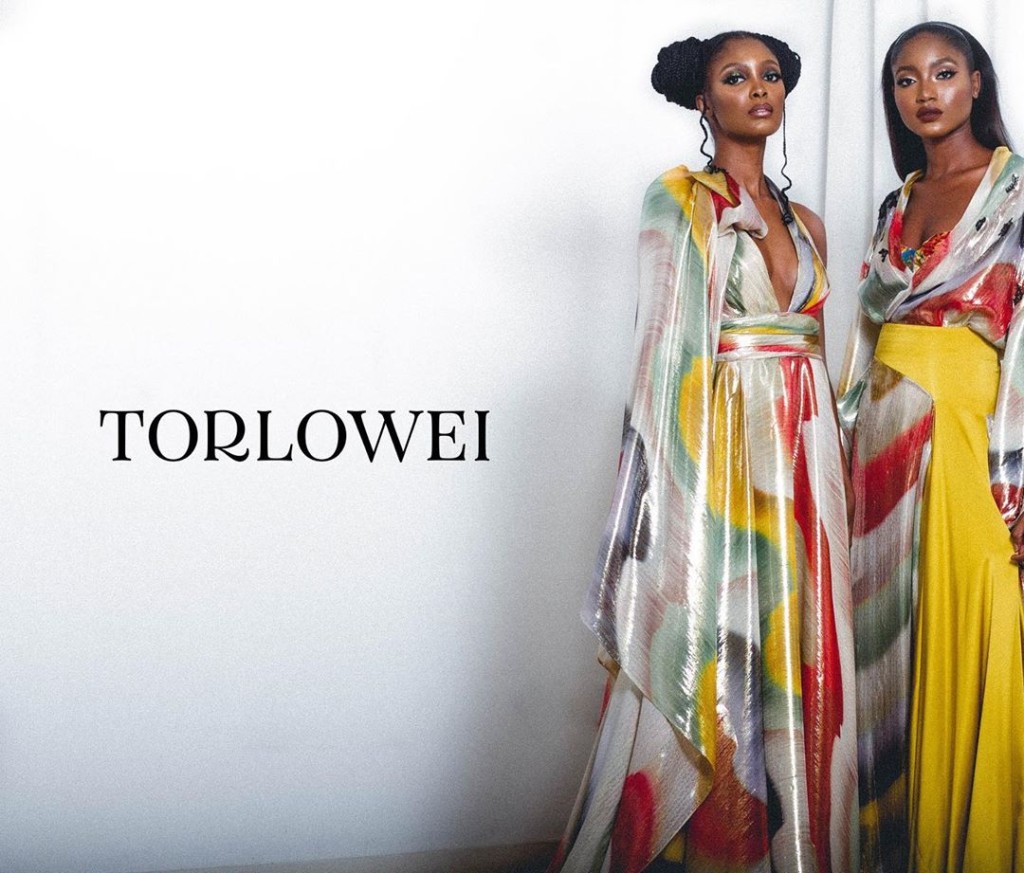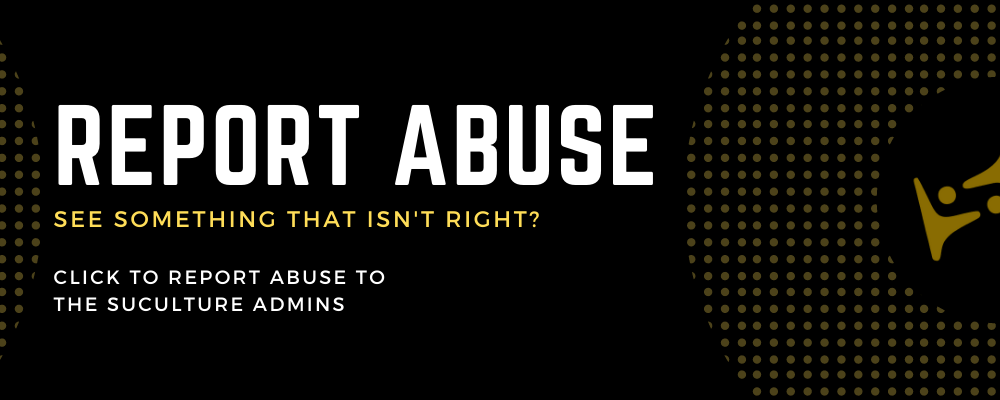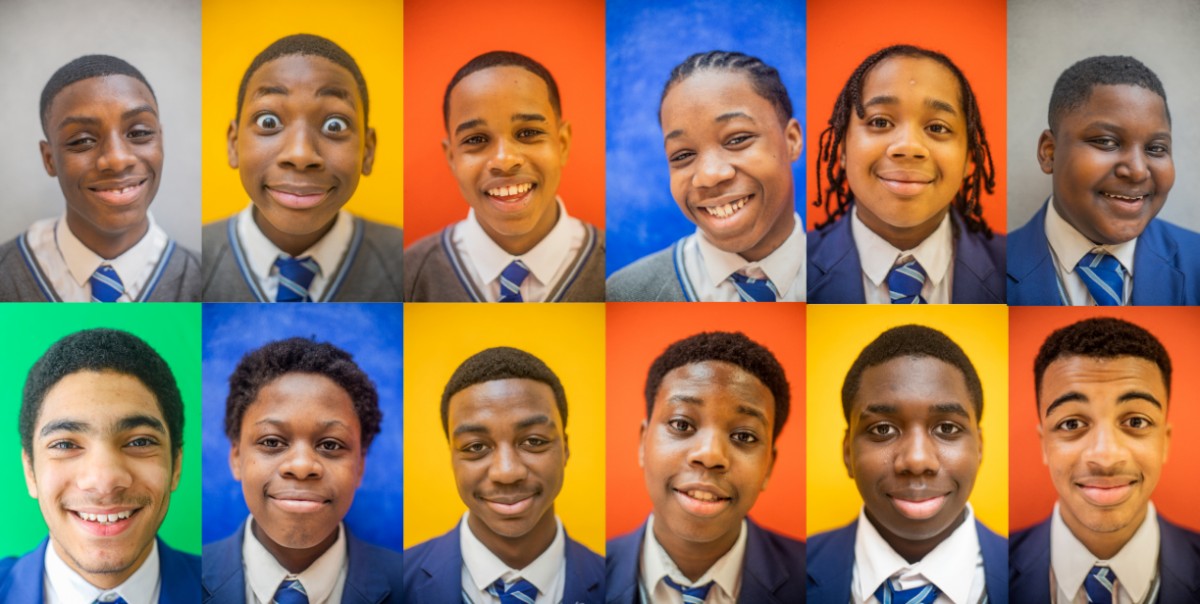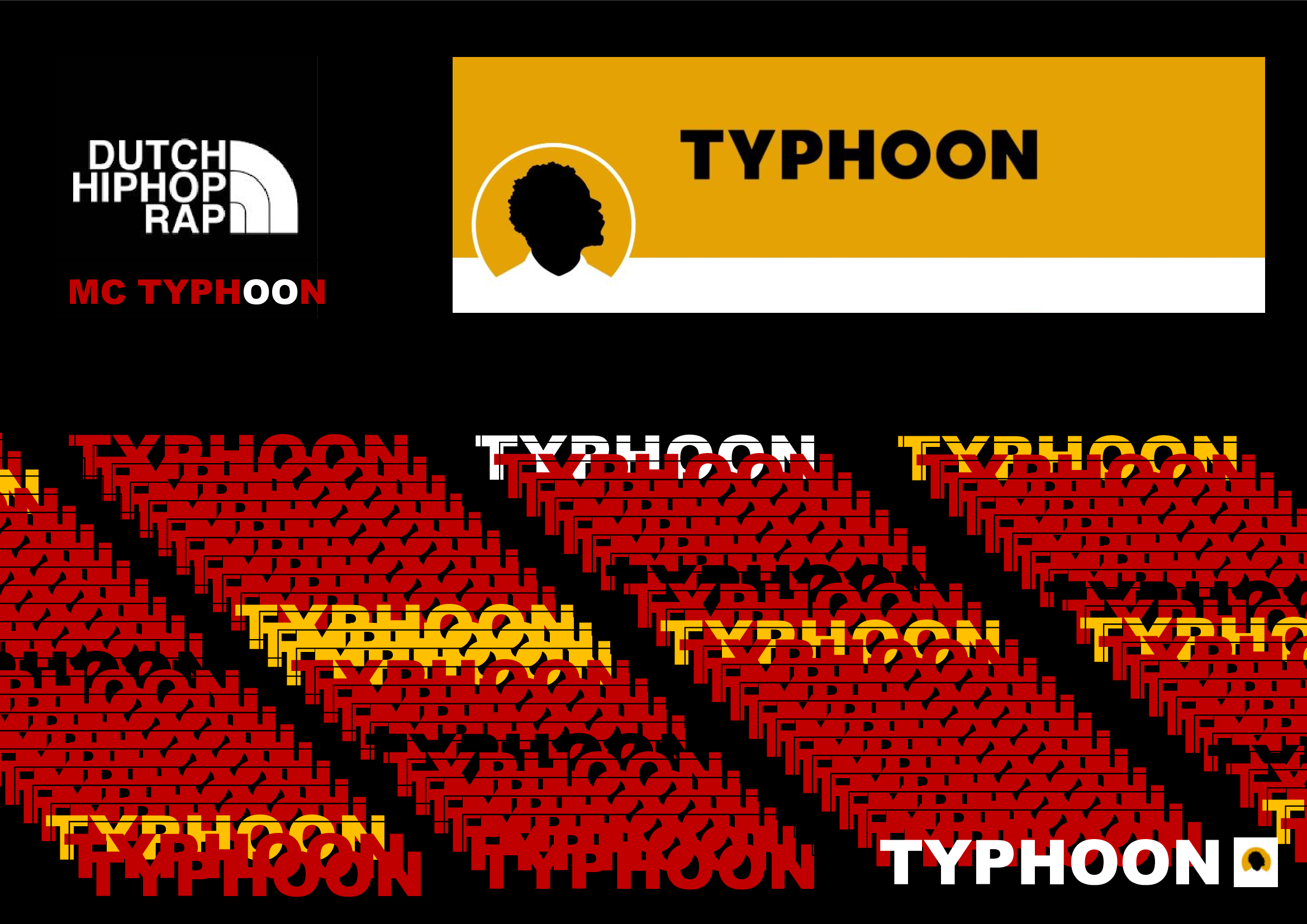-
MwandishiMachapisho
-
-
Elon Musk’s X and
the Amplification
of Misinformation:
A Dangerous Game!

The evolution of social media platforms has transformed how information is disseminated and consumed, making these platforms both a powerful tool for communication and a potential weapon for spreading misinformation. This dichotomy was glaringly evident in the recent tragedy in Southport, UK, where a series of horrific stabbings led to widespread panic and violence. What followed was a whirlwind of false reporting, fueled by far-right groups and exacerbated by the platform now known as X, formerly Twitter, under the leadership of Elon Musk.
Musk, a self-proclaimed free speech absolutist, has long been a controversial figure in the tech industry. His commitment to unrestricted speech on X has often clashed with the realities of the digital world, where harmful content can spread like wildfire, inciting real-world consequences. The events surrounding Southport, UK, are a stark reminder of the dangers that arise when a platform fails to adequately police content that crosses the line from free expression into hate speech and misinformation.
The Fallout of Unchecked Free Speech:
On August 10, 2024, just days after the tragic stabbings in Southport, Musk posted a meme on X that was anti-Black, racist, and Islamophobic. The timing of this post could not have been worse. The incident had already set the stage for far-right groups to exploit the tragedy, fanning the flames of racist resentment across the UK. By sharing such a meme, Musk not only failed to quell the rising tensions but actively contributed to the narrative of hate and division that was taking hold.
The impact was immediate and severe. The riots that erupted the day after the stabbings were fueled in part by the misinformation and bigotry circulating on X. Far-right agitators seized on the chaos, using the platform to organize and amplify their message of hate. In this context, Musk’s meme was not just an irresponsible act—it was a catalyst for further violence and unrest.
The Economics of Free Speech Absolutism:
Despite the attempts by tech companies to frame their commitment to free speech as a principled stance, the reality is far more cynical. For many of these firms, including X under Musk’s leadership, the appeal of free speech absolutism is not rooted in a deep-seated belief in democratic ideals but in economics. Policing content, especially at the scale of a global platform, is expensive and complex. By adopting a laissez-faire approach, companies can sidestep the costs associated with content moderation, passing the burden onto users and society at large.
This profit-driven approach is evident in the growing support for figures like Donald Trump within the tech community, particularly in the venture capital circles of San Francisco. The convergence of profit motives and political alignment has created an environment where the dissemination of harmful content is not just tolerated but, in some cases, implicitly encouraged. This is because controversy, no matter how dangerous, drives engagement, and engagement drives revenue.
The Need for Accountability and Safe Spaces:
The events in Southport, UK and the role of X in exacerbating the crisis underscore a critical need for accountability within social media companies. The idea that brands cannot address the behaviors and practices that lead to the circulation of harmful and potentially deadly content is not only flawed but dangerous. Social media platforms have a responsibility to their users and society to ensure that their services are not used as tools of division and violence.
For Black people and other underrepresented communities, the necessity of safe online spaces has never been more apparent. In a digital landscape where platforms like X can be co-opted to spread racist and Islamophobic content, the need for protected environments where these communities can engage, express themselves, and organize without fear of harassment is paramount. These safe spaces are not just about protection from harm—they are about ensuring that marginalized voices can continue to be heard and that they have the power to shape their own narratives.
In conclusion, the Southport tragedy and the subsequent actions of Elon Musk highlight the dangerous consequences of unchecked free speech on social media platforms. The amplification of misinformation and hate speech not only puts lives at risk but also undermines the very fabric of society. As such, it is imperative that we demand greater accountability from tech companies and recognize the importance of creating and maintaining safe online spaces for Black people and other underrepresented communities. These spaces are essential for fostering dialogue, promoting equity, and ensuring that the digital world reflects the values of inclusivity and justice that we strive for in the real world.
-
-
MwandishiMachapisho
Lazima uwe umeingia ili kujibu mada hii.

